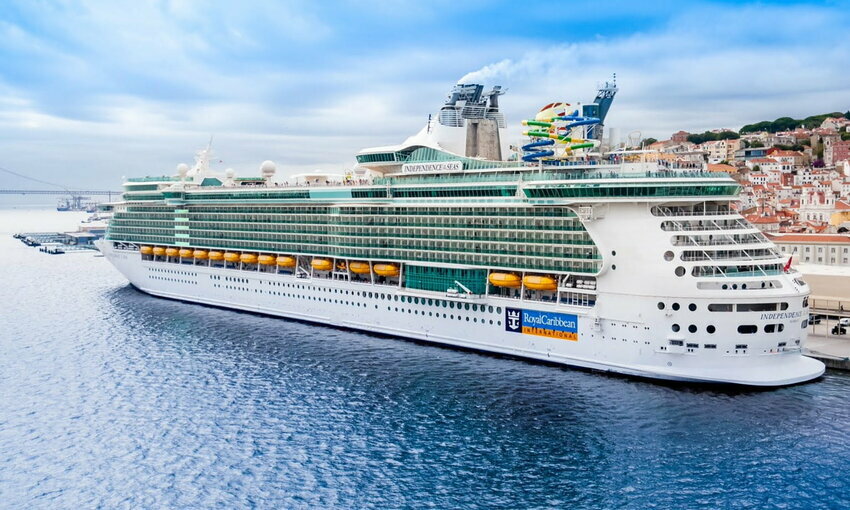 (Credit: Pixabay)
(Credit: Pixabay)Royal Caribbean Group and Mærsk Mc-Kinney Møller Center for Zero Carbon Shipping formalized their collaboration by signing a Partnership Agreement. With the agreement, Royal Caribbean Group becomes a Corporate Strategic Partner to the Center, committing to a long-term strategic collaboration and contribution to the development of zero carbon technologies and solutions for the maritime industry.
Royal Caribbean Group has a global fleet of 63 ships traveling to more than 1,000 destinations around the world. In 2021, the cruise company unveiled a comprehensive decarbonization strategy titled Destination Net Zero, aimed at achieving zero carbon emission cruising by 2050. This is an ambitious approach that aligns with the overall strategy of the Center to decarbonize the maritime industry by 2050.
With 100.000 ships consuming around m300Tons fuel p.a., global shipping accounts for around 3% of global carbon emissions.
Achieving the long-term target of decarbonization requires new fuel types and a systemic change within the industry. Shipping is a globally regulated industry, which provides an opportunity to secure broad-based industry adoption of new technology and fuels.
To accelerate the development of viable technologies a coordinated effort within applied research is needed across the entire supply chain. Industry leaders play a critical role in ensuring that laboratory research is successfully matured to scalable solutions matching the needs of industry. At the same time, new legislation will be required to enable the transition towards decarbonization.
The Mærsk Mc-Kinney Møller Center for Zero Carbon Shipping is a not-for-profit, independent research- and development center working across the energy and shipping sectors with industry, academia, and authorities.